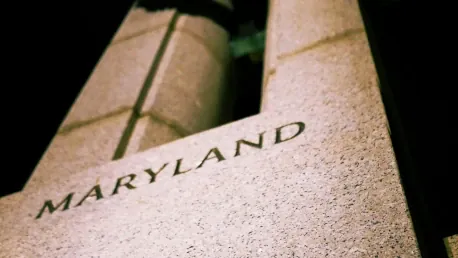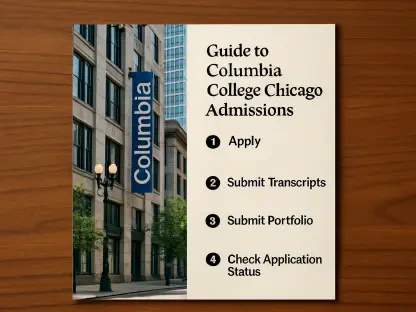The pressing financial pressures on Maryland’s counties have reached a critical point. With rising costs in transportation and education infrastructure, finding sustainable funding solutions has become a paramount concern for local governments. The Maryland House of Delegates recently made a significant move by approving HB 23, a bill granting counties enhanced flexibility in managing local tax revenue to address these escalating costs. The bill, which has garnered strong support from the Maryland Association of Counties (MACo), holds the potential to reshape the way counties fund essential services and infrastructure. Now, as the bill awaits consideration in the Senate, stakeholders are keenly observing its progress and implications.
Addressing Transportation Infrastructure Shortfalls
Historically, Maryland’s counties have faced underfunding challenges when it comes to transportation infrastructure. Highway User Revenues have significantly fallen short of prior levels, compelling counties to stretch their few resources to maintain roads, repair bridges, and manage aging infrastructure. These shortfalls have resulted in deferred maintenance and deteriorating conditions that negatively impact residents and local economies. The authorization granted by HB 23 allows counties to establish a separate tax subclass for commercial and industrial properties, setting special tax rates to generate targeted revenue aimed at addressing these urgent needs.
This newfound flexibility provides a more tailored approach to meeting the distinct requirements of transportation projects. By allowing counties to set specific tax rates for commercial and industrial properties, they can generate the necessary funds without excessively burdening residential properties. The bill’s provisions also include safeguards to ensure fairness, such as excluding residential portions of mixed-use buildings and capping the rates that can be levied on businesses. This comprehensive approach aims to create a sustainable funding stream to bring much-needed improvements to local transportation networks.
Meeting Educational Funding Mandates
Simultaneously, education funding has emerged as a major concern for Maryland’s counties. They are already contributing significantly above mandated levels to meet the stringent funding obligations outlined in the Blueprint for Maryland’s Future. These financial requirements aim to enhance education quality, but they further strain already tight budgets, leaving counties scrambling to find additional resources. HB 23 offers a potential remedy by enabling counties to generate targeted revenue from a new subclass of properties. This targeted revenue can assist in fulfilling local shares of school funding mandates, alleviating some of the pressure and allowing counties to continue investing in education.
The bill also authorizes counties to provide a local property tax credit for certain small businesses, ensuring that the measure supports the community’s dynamics while maintaining fiscal responsibility. The education system’s improvement is vital for long-term community development, and securing an adequate funding mechanism is crucial. By addressing the dual challenges of transportation and education finances, HB 23 promises to bring a balanced and forward-looking solution.
Balancing Community Priorities and Sustainable Growth
One of the key strengths of HB 23 lies in its balanced approach to funding critical infrastructure without imposing excessive tax burdens on residents. By focusing on commercial and industrial properties, the bill recognizes the economic significance of these sectors and their capacity to contribute to public funding needs. Moreover, the inclusion of caps and exemptions ensures that small businesses and mixed-use developments are not unfairly penalized. This approach aims to support sustainable economic growth while addressing immediate infrastructure and educational requirements.
MACo’s ongoing advocacy for HB 23 highlights the urgency of the situation, as local governments navigate complex financial landscapes to meet community needs. The bill’s progression to the Senate marks a critical step in the legislative process, with the Senate Budget and Taxation Committee yet to schedule a hearing. As the conversation continues, stakeholders from various sectors are weighing in, emphasizing the importance of passing legislation that balances fiscal responsibility with the need for robust public services.
Looking to the Future
Maryland’s counties are grappling with severe financial pressures, primarily driven by mounting costs in transportation and educational infrastructure. This fiscal strain has made finding sustainable funding solutions a critical issue for local governments. Recently, the Maryland House of Delegates took a notable step forward by passing HB 23, a bill designed to give counties greater flexibility in managing local tax revenue to tackle these rising costs. This legislation, which has received strong backing from the Maryland Association of Counties (MACo), could significantly alter how counties fund essential services and infrastructure projects. With the bill now awaiting review in the Senate, all eyes are on its advancement and potential effects. Stakeholders are keenly watching to see whether this bill will be enacted and lead to substantial improvements in the counties’ financial management and infrastructure development.









